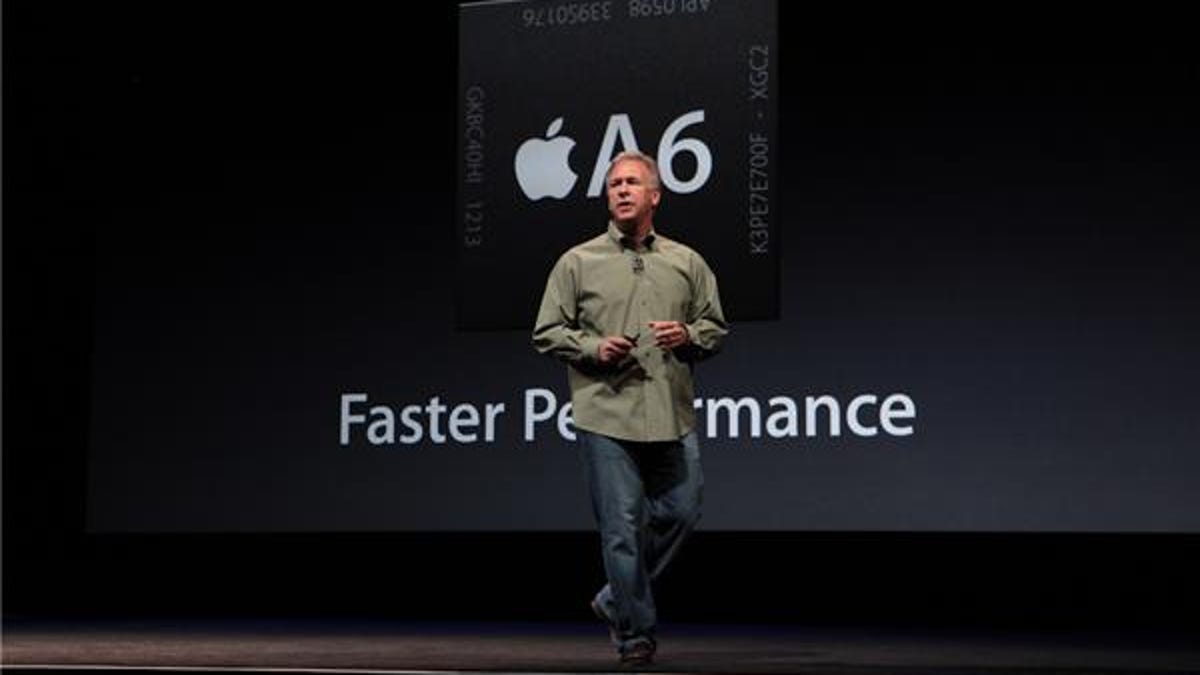Apple rethinking Samsung chip partnership, say sources
Apple appears to be in the process of shifting chip production from Samsung to Taiwan Semiconductor Manufacturing Company.

Apple has begun the process of lessening its dependency on Samsung for chipmaking, an analyst told CNET.
"Apple is working with TSMC at 20 nanometers," said Gus Richard, a chip analyst at Piper Jaffray, referring to Taiwan Semiconductor Manufacturing Company's most advanced 20-nanometer (nm) manufacturing process.
Another chip industry source contacted by CNET confirmed this. "The Apple-Samsung relationship has deteriorated to such a poor point that they're just looking to fill contractual obligations, then make a change," said the source, who corroborated the move to TSMC at 20 nanometers.
An Asia-based news report said Apple will turn to TSMC for quad-core chips.
Of course, a seismic shift like this -- Apple consumes probably more chips than any single consumer device maker in the world right now -- can have a profound impact on other TSMC customers. "TSMC has allocated a disproportionate amount of resources to Apple. And has pushed out other [TSMC customers] in the process," Richard said.
This shift will not happen overnight, though. "They'll ramp down Samsung and ramp up TSMC. And some products will get some of one and some of the other," Richard said.
Changes in chip manufacturing can significantly boost a device's performance and/or battery life but are not always spelled out by the product supplier. This is particularly the case with smartphones and tablets.
"When Apple shifted from 45 [nanometers] to 32 [nanometers] nobody knew. You may have bought an iPad with a 45-nanometer chip or a 32-nanometer chip. They switched over slowly without anybody knowing it," Richard said, referring to Apple's A5 processor and Samsung's shift from 45 to 32 nanometers.
Indeed, as it turned out, Apple slipped a more advanced A5 chip into some $399 iPad 2s, which a review site said resulted in better battery life, among other benefits.
And when is all of this going to happen? "I expect Apple to tape out -- which means they'll send the design to TSMC to see if they can make it -- early next year and probably be in production by the end of next year," according to Richard.
And what happens after that at the even more advanced 14 nanometer process? "I'm also hearing that Intel and Apple are talking again. But for 14 [nanometer] not for 20," said Richard, who qualified this by saying that this is by no means a done deal at this stage.
The Apple-TSMC news was first reported by MacRumors, based on a report from Taiwan Economic News.
Apple and TSMC haven not yet responded to a request for comment.

